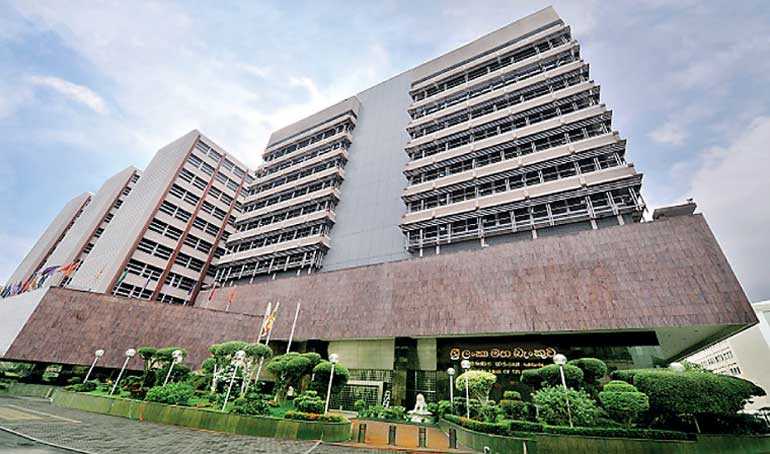Tuesday Feb 17, 2026
Tuesday Feb 17, 2026
Saturday, 28 April 2018 00:19 - - {{hitsCtrl.values.hits}}

Improved monitoring of high-end transactions, including car and property sales, would reduce tax evasion, the Central Bank said in its latest Annual Report, recommending that such transactions be matched with income declarations.
The Central Bank commended the commitment of the Government to increase government revenue through tax reforms, spearheaded by the Inland Revenue Act that came into effect from 1 April and is expected to add up to Rs. 60 billion per annum. However, it observed there is space to enhance direct tax revenue by strengthening monitoring and by improving tax administration using technology to bring tax evaders into the tax net. Tax evasion by individuals and corporates has been one of the primary reasons for the decline in direct tax revenue as a percentage of GDP, the report which was released on 26 April said.
“Tax evaders deliberately understate or avoid reporting the true state of their net worth and income to the tax authorities to reduce tax liability. This requires reconciling income declarations with data retrieved from high-end transactions such as luxury car sales and property sales,” it added.
“Although the Inland Revenue Department (IRD) carries out such examinations and follows up with semi-automated systems, a sophisticated electronic system linking up relevant institutions with the tax system is essential to efficiently confront tax evasion.
The full implementation of the RAMIS is expected to connect the system with over 20 other external institutions including the Central Bank, licensed banks, Sri Lanka Customs, Registrar of Motor Vehicles, Condominium Management Authority, Colombo Stock Exchange and the Land Registry for effective tax reconciliation.”
The Central Bank said that addressing the remaining infrastructure and human resource bottlenecks to implement the much-needed system would enable authorities to tackle tax evasion efficiently.
It would also enable the Government address the obvious disconnect between the growth of high-end economic activity and the declining direct tax revenue to GDP ratio, the report said.